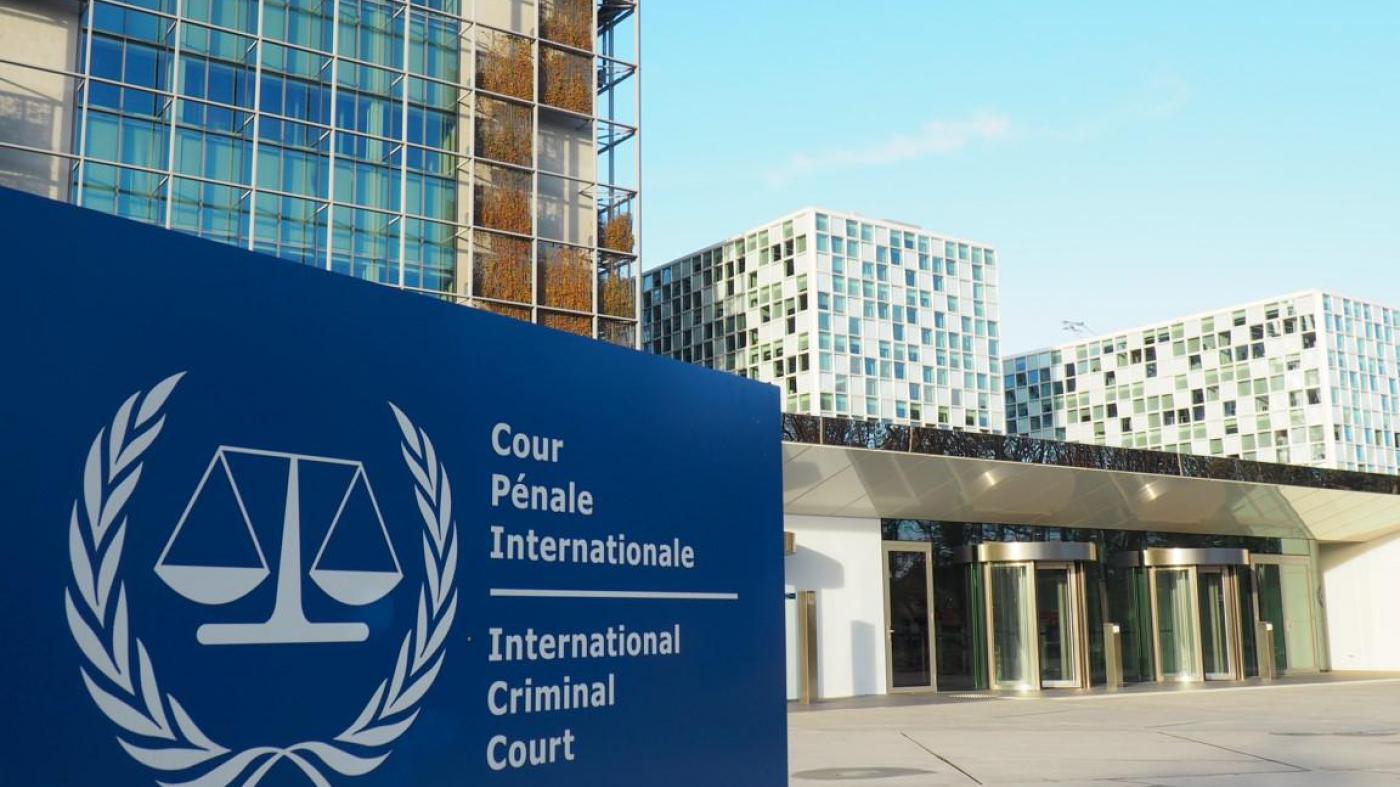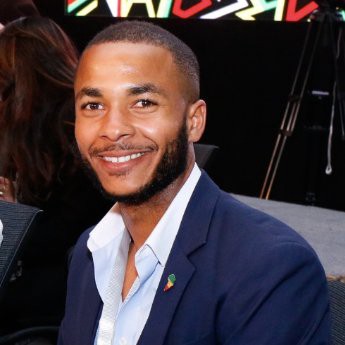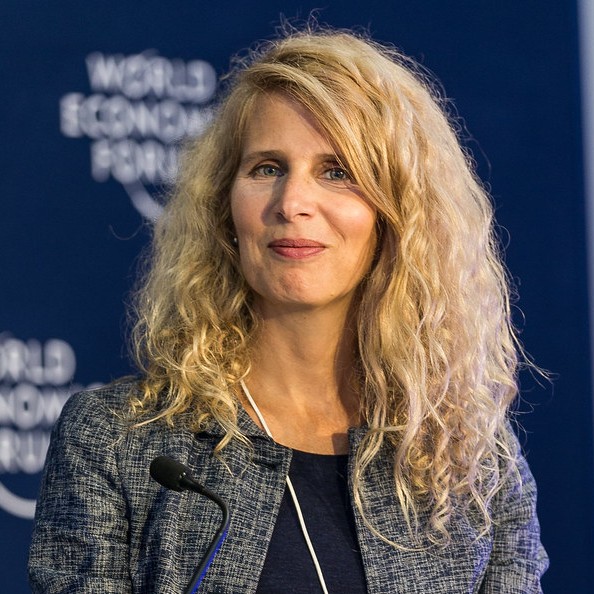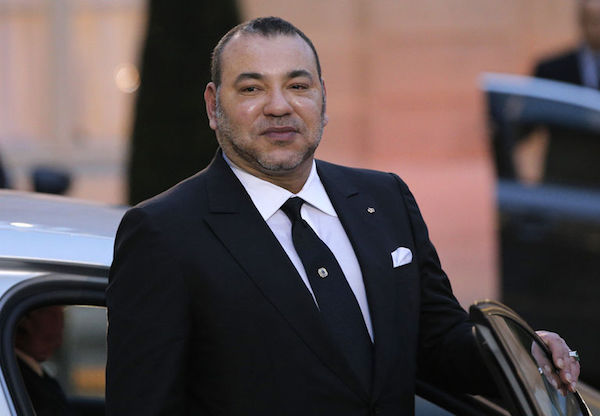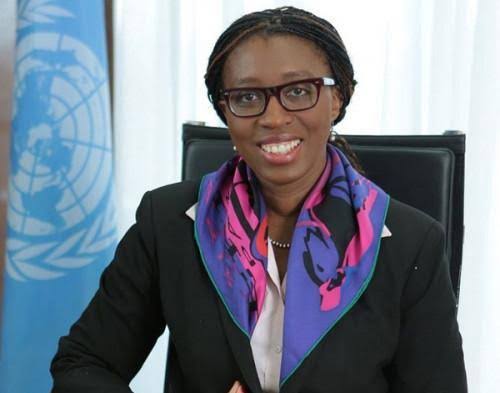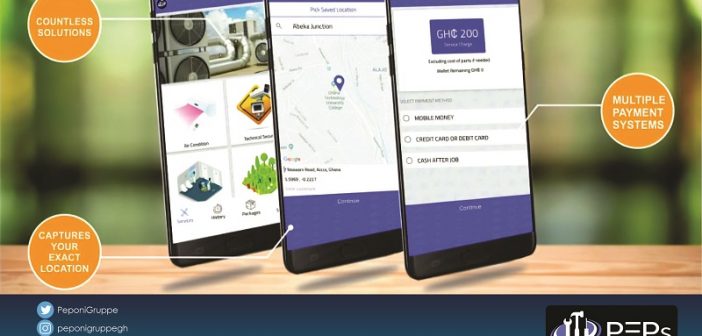Kenyan Solar Startup d.light Secures $65 Million Debt Funding From Solar Frontier Capital
Solar Frontier Capital Limited and solar energy startup d.light, a leading global innovator of solar energy products, have jointly announced the establishment of a KSh6.5 billion ($65 million)financing vehicle to be known as Brighter Life Kenya 1 (BLKI) Limited.

“We are excited to announce this innovative funding structure in partnership with SFC,” said d.light CEO Ned Tozun.
“BLK1 provides us with the flexible local currency receivable financing we need to make our Kenyan business sustainably cash flow positive, which is an important milestone for sustainability for d.light and the off-grid energy industry as a whole.”
Here Is What You Need To Know
- The off-balance sheet financing vehicle is dedicated to acquiring pay-as-you-go solar home system accounts receivables from d.light’s Kenyan subsidiary to provide the company with flexible, working capital to finance its continued growth.
- BLK1 is expected to finance the provision of improved energy access to 1.2 million people in Kenya, coming on the heels of d.light celebrating its 100 millionth customer.
- Part of BLK1 is being financed by a Sh2 billion ($18.7 million)senior debt commitment from US International Development Finance Corporation (DFC).
- SFC, a wholly-owned subsidiary of African Frontier Capital (AFC, Mauritius), acts as the subordinated lender and the master servicer under the transaction.
- The project has been structured to provide d.light Kenya with local currency financing over a two-year commitment period and is intended as the first in a series of vehicles designed to provide d.light with continuing access to sustainable and affordable local currency receivable financing.

Why The Investors Invested
Eric De Moudt, founder and CEO of AFC, said:
“We have been very impressed with d.light as a leading innovator in the distributed energy access sector, and SFC is delighted to be partnering with them on this high impact receivables financing structure. We are greatly looking forward to supporting d.light with on-going access to affordable and sustainable financing to continue impacting so many lives in Kenya and around the world.”
“DFC is proud to team up with d.light and AFC to expand affordable energy to more than a million Kenyans living in off-grid communities,” said DFC Managing Director for Africa Worku Gachou. “This innovative collaboration will deliver reliable electricity access that individuals depend on to live, cook and learn and businesses require growing, investing, and creating jobs.”
d.Light At A Glance
- Although started by the Americans Sam Goldman and Ned Tozun, the Kenya-based startup provides solar-powered solutions — ranging from lights, phone chargers, radios, and even televisions — which are sold in over 60 countries.
- In April, it opened a regional office and service center in Eldoret, Kenya as part of the company’s expansion strategy to reach and impact 100 million lives globally by 2020.
- The center offers sales services and after-sales services for d.Light’s products including solar home systems and portable solar powered lanterns.
- In 2019, the startup received up to $18 million capital injection from a consortium of lenders to help accelerate its growth in Africa.
What Does Receivable Financing Mean In Startup Funding?
According to Velotrade, receivables financing takes place when a business receives funding based on purchases that have been made but haven’t been paid for by the clients (accounts receivable).
“A business sells kitchen equipment. They receive a big purchase order by a national restaurant chain (the client). The client is interested in buying equipment worth $400,000. However, even though the restaurant chain needs the equipment right now, it can only make the full payment in the next 4 months. The supplier accepts the terms, delivers the kitchen equipment, and issues an invoice for $400,000 due in 4 months.
Understandably, if this type of purchase is repeated by several other clients, the supplier might run into a cash flow shortage while waiting for payments to be made, jeopardising the company’s ability to function.
The supplier, who wants to avoid cash flow issues, decides to sell the invoice to an invoice factoring company. After checking, among other things, the creditworthiness of the debtor and the length of the commercial relationship, both parties agree terms. The invoice factoring company will advance them $316,000 on the same day the supplier sells the invoice. Then, when the client pays off the full amount due, the invoice factoring company will release the remaining $84,000 minus a factoring free.
By doing this, the supplier gets access to cash immediately after the purchase, the client gets the equipment it needs and gets to pay later, and the factoring company profits from the factoring fees. It’s a win-win situation,” Velotrade illustrates.
Charles Rapulu Udoh

Charles Rapulu Udoh is a Lagos-based lawyer who has advised startups across Africa on issues such as startup funding (Venture Capital, Debt financing, private equity, angel investing etc), taxation, strategies, etc. He also has special focus on the protection of business or brands’ intellectual property rights ( such as trademark, patent or design) across Africa and other foreign jurisdictions.
He is well versed on issues of ESG (sustainability), media and entertainment law, corporate finance and governance.
He is also an award-winning writer.


